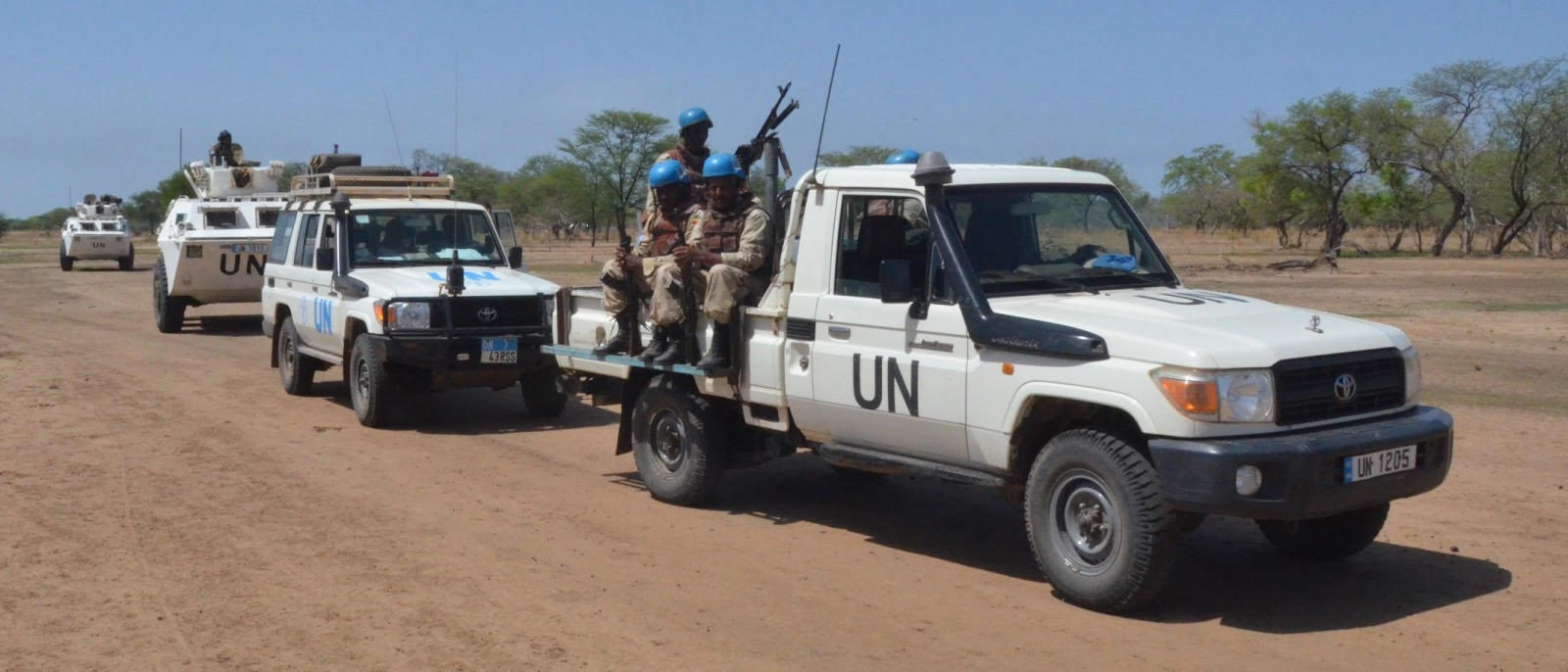The focus of our interest on “territories” has always been on the continuous interaction between humans and nature. Different and sometimes conflicting values, visions and interests related to the use and management of natural resources coexist in a given territory and have to be oriented (if possible) towards a common ground. Negotiation is the means to conduct this dialogue towards an agreement. By choosing to take a people-centered focus, we have overturned the previous “land use planning” logic, focused on the production of an ideal "plan" that, once it was put into action, would have positively answered the questions of what to and what not to produce in a certain place.
In territories, conceived as arenas of permanent negotiations amongst actors, we can hardly predict their future evolution. “The territory of the actors and the actors of the territory”. Depending on what the initial point (or problem) of entry is, the territory(ies) can change, so we must see them as "moving target(s)", which is why more than being interested in their delimitation, we are interested in the ongoing social dynamics. The diversity of the actors was, and remains, the key point.
An additional element in our proposal is the different role that the expert had to play. No longer the supreme source of unquestionable knowledge, but a facilitator of dialogue between types of knowledge, recognizing that all actors bring not only their interests, but also a historically constructed knowledge. Territories change all the time, depending on the interactions of the actors. These interactions are becoming increasingly problematic every day due to local or global factors such as global warming and increased drought, or the increased greed of northern countries for the natural resources of the South. As long as the problems concern local issues, with actors of fairly equal power, it was easier to find an agreed outcome. As powerful actors arrived to grab local resources, tensions increased and, inevitably, asymmetrical territorial dynamics became conflicts. Therefore nowadays, talking about territoriality without getting into conflicts becomes more difficult, and our choice to enter into this area of work inevitable. Dialogue, negotiation and concerted actions are, again, the key words we promote. We must be aware that the processes may not be successful, because it is possible that the various actors do not want to establish a constructive dialogue and much less negotiate.
Another related layer of complexity, involves the building of trust and credibility while keeping a good reputation with the various stakeholders, particularly weaker ones. Considering the type of field work that our agencies carry out, credibility must be seen as a process of continuous construction. We can think of it as a "shadow of the future," a long shadow that will affect the future relationship. Being a subjective component, and relaying on how the mind is made in terms of memories, emotions, experiences and logical abilities, it is therefore difficult to make it measurable.
An almost unique experience encompassing almost all concerns highlighted so far, has been initiated in Abyei, an area disputed by Sudan and South Sudan, due to the richness of the subsoil. The work started almost from scratch in 2016. The local communities being separated in two different countries by a UN military blockade, allowed us, thanks to a positive reputation earned by FAO through many previous technical projects, to create a climate of trust and credibility such that both communities agreed to sit down and peacefully negotiate their future. The main credit goes to the lead consultant of this project, one of the authors of this article, who has in his personal background those qualities that are not taught in schools or universities, but are fundamental to building trusting relationships with others. The intervention is still in progress, having taken on greater dimensions thanks to the support of donors, based on the appreciated results in the field.
The struggles to reduce power asymmetries are, by definition, never-ending, since they do include also other dimensions less explored so far, as is the need to pursue greater gender equality, a topic that is still struggling to be accepted even by peasant movements. This is to say that we must be aware of this complexity, but that this must not become an excuse for not acting, no matter how big or small our contribution may be. As our dear friend José "Pepe" Esquinas always said, "for those who think they are too small to have an impact, perhaps they have never slept with a mosquito in the room".

